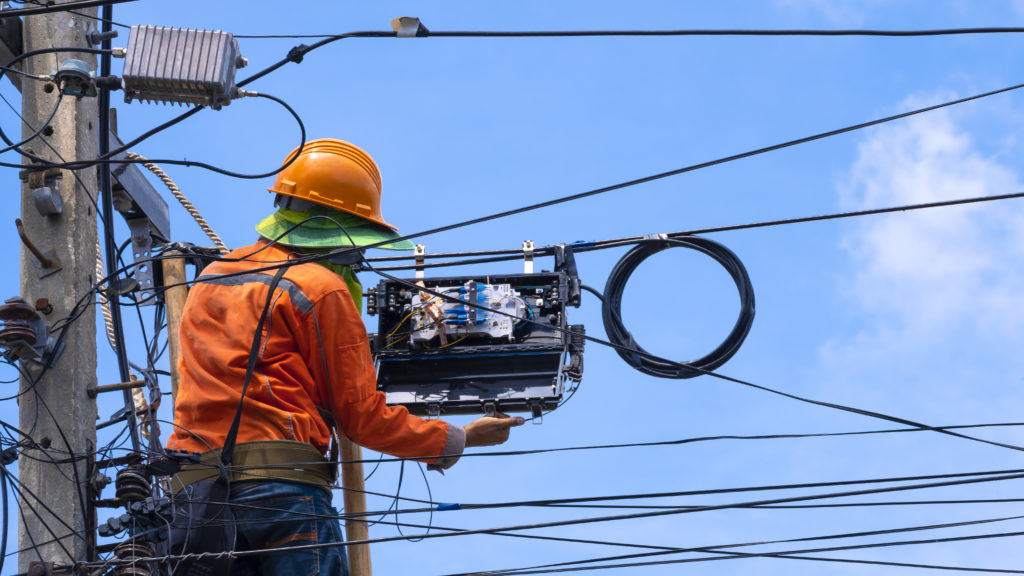The House Energy and Technology Committee advanced legislation (H.360) Wednesday aimed at accelerating the development of community broadband in Vermont.
If enacted, this VPIRG-supported legislation will make significant resources available to the state’s Communications Union Districts (CUDs) – public, municipal entities formed to provide universal, affordable, world-class broadband to their regions.
Notably, the legislation would 1.) fund a pre-construction grant program to provide these nascent entities with the necessary resources they need to quickly advance to the stage of constructing broadband infrastructure and delivering internet service to unserved and underserved Vermonters and 2.) establish a subordinated loan program to complement the existing broadband loan program created in 2019, so that CUDs can build their networks more quickly, sign-up subscribers and repay the loans to fund future community broadband solutions.
Importantly, the bill builds on the efforts of the 2019 broadband law (Act 79) to bring greater accountability to state broadband investments. Under the bill advanced Wednesday, state investment in broadband would be under the purview of the Vermont Community Broadband Authority – a new entity designed to ensure coordination and accountability among community broadband solutions.
State funding for broadband would only go to projects capable of achieving 100mbps symmetrical speeds (which effectively means fiber-to-the-premises) and would only be available to Communications Union Districts, providers working directly in conjunction with CUDs, or, in communities that are not part of a CUD, to providers working directly with municipalities to ensure true universal service in their coverage area.
VPIRG believes community-owned broadband networks are the key to addressing Vermont’s connectivity issues. Because they don’t need to satisfy shareholders, community-owned networks are better able to provide universal service — reaching all the locations in their communities – even the ones that aren’t profitable.
Community-owned networks are also much more consumer-friendly than the giant telecoms. On average, they’re more-affordable and provide better speeds than large telecoms while prioritizing bedrock consumer protection principles like net neutrality and user privacy.
If enacted, H.360 would be the most significant investment in community broadband the state has ever made, and has the potential to greatly accelerate the important work started by Act 79.

